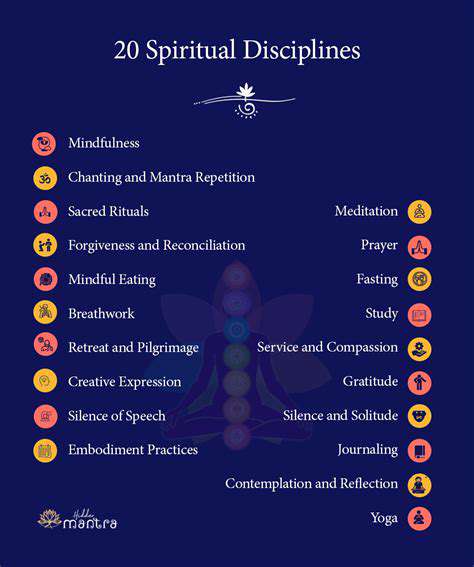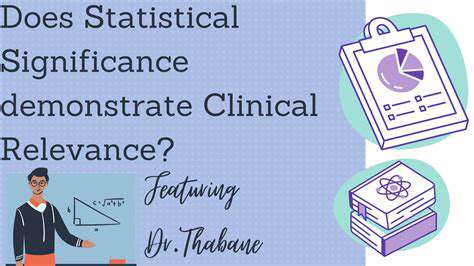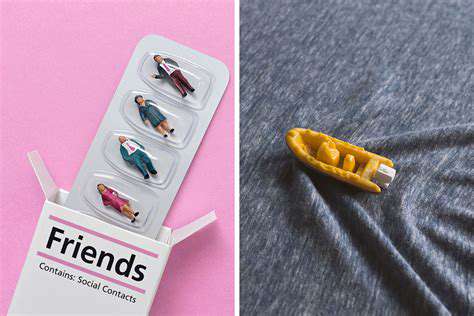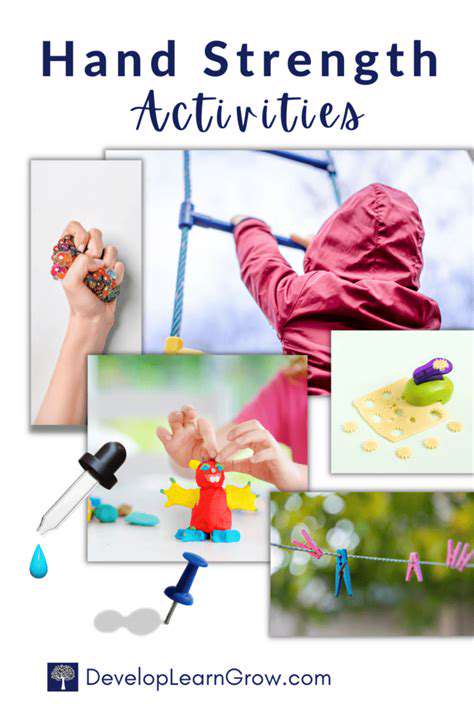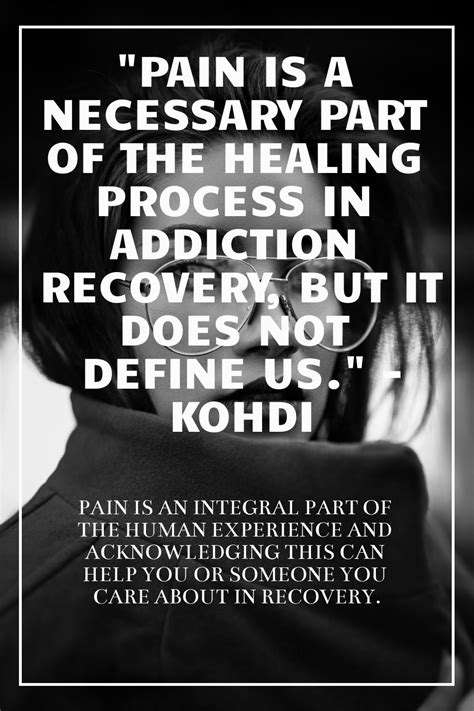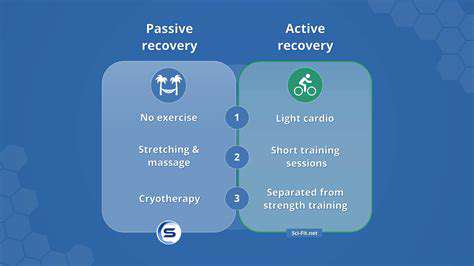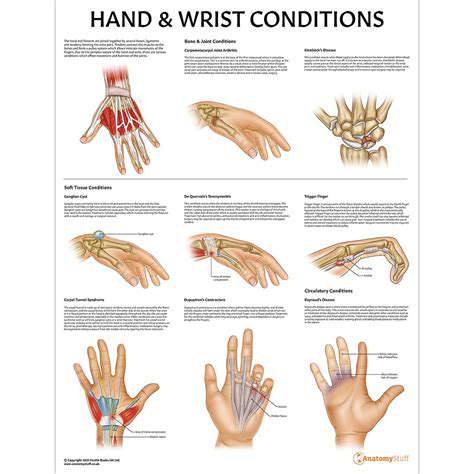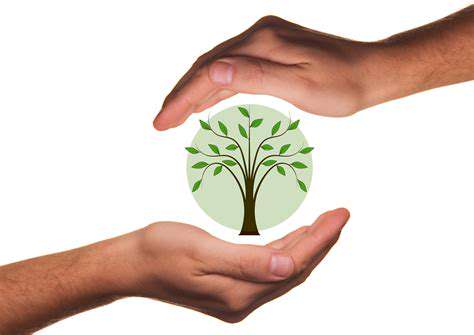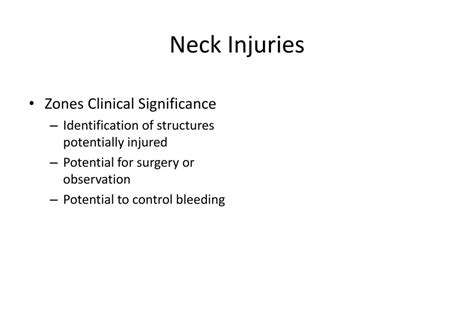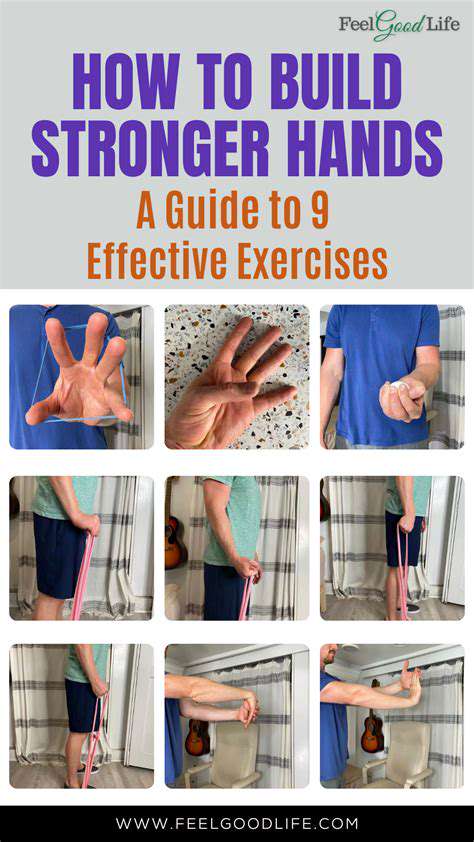Effective Home Remedies for Minor Hand Injuries
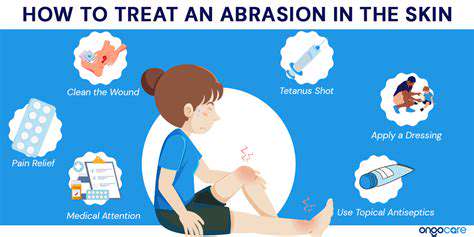
Assessing the Wound
A crucial first step in treating minor cuts and abrasions is careful assessment. This involves determining the depth and extent of the wound, identifying any foreign objects that may be embedded, and noting any signs of infection, such as redness, swelling, or pus. Taking a moment to properly assess the wound will help you determine the best course of action for treatment.
Proper wound assessment is vital for effective treatment, as the severity of the injury dictates the appropriate care. Ignoring subtle signs, like excessive bleeding or a foreign object lodged within the wound, can lead to complications. A thorough assessment will help to prevent further injury and promote healing.
Cleaning the Wound
Clean the wound thoroughly with mild soap and lukewarm water. Avoid harsh chemicals or scrubbing, as this can irritate the skin and potentially hinder healing. Carefully rinse away any dirt, debris, or blood to ensure a clean surface for the healing process.
Use a clean, soft cloth or gauze to gently pat the wound dry. This careful cleaning process is essential for preventing infection and promoting proper healing. Do not use cotton balls, as they can shed fibers into the wound, potentially causing more problems.
Applying a Bandage
Choose a sterile bandage appropriate for the size and location of the wound. A bandage will help protect the wound from further contamination and promote healing. If the wound is bleeding excessively, apply direct pressure to the wound to stop the bleeding before covering with a bandage.
Apply the bandage gently and securely, ensuring it is not too tight to restrict blood flow. A loose bandage is more comfortable and effective at promoting healing than a tight bandage that can constrict blood flow to the area. Choose a bandage that is easy to remove and replace as needed.
Applying Antiseptics (Optional)
If necessary, apply a thin layer of an antiseptic solution, such as hydrogen peroxide or povidone-iodine, to the wound. However, be aware that some antiseptics can be harsh and potentially irritate the skin. If irritation occurs, discontinue use and consult a medical professional.
Seeking Medical Attention
Minor cuts and abrasions often heal without complications. However, there are instances where medical attention is necessary. If the wound is deep, bleeding excessively, or showing signs of infection, immediately seek medical attention. Prompt medical care can prevent serious complications and ensure proper healing. Also, if the wound is located in a sensitive area or concerns exist about a potential underlying issue, seeking medical advice is always recommended.
If there is significant swelling, persistent pain, or the wound continues to bleed heavily, seek immediate medical attention. Ignoring these signs can lead to complications. Prompt medical intervention is often crucial in ensuring optimal healing and preventing long-term issues.
A Chinese transit visa is crucial for travelers who need to pass through China without entering the country. It allows you to stay in China's international transit zones, such as airports, for a specific period, typically not exceeding 72 hours. This visa is distinct from a tourist visa, and its primary function is to facilitate seamless travel through Chinese airspace. Failing to obtain the necessary transit visa can result in significant travel delays and potential issues at the border.
Soothing Sore Muscles and Sprains: Rest and Ice Therapy
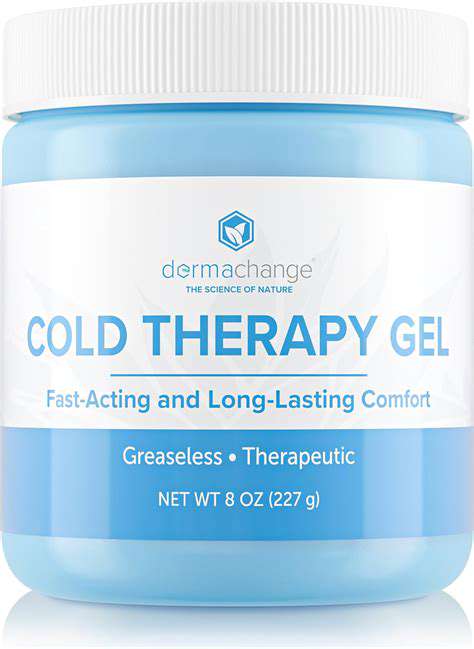
Effective Home Remedies for Muscle Soreness
Muscle soreness, often a byproduct of strenuous exercise or physical activity, can significantly impact daily life. Fortunately, several readily available home remedies can provide relief and promote healing. Applying cold compresses to the affected area is a common and effective technique for reducing inflammation and pain in the initial stages of soreness. Rest is equally important, allowing the muscles to recover and repair themselves. Gentle stretching and light movement, when pain permits, can also aid in maintaining flexibility and promoting blood flow to the affected area.
Over-the-counter pain relievers, such as ibuprofen or naproxen, can help manage discomfort and reduce inflammation. These medications can be particularly beneficial for individuals experiencing significant pain or stiffness. However, it's crucial to follow the dosage instructions carefully and consult a healthcare professional if pain persists or worsens. Proper hydration is also vital for muscle recovery. Drinking plenty of water helps to flush out toxins and replenish electrolytes lost during exercise.
Treating Sprains with Rest and Support
Sprains, injuries to ligaments that connect bones, often require a different approach than muscle soreness. Immediate rest is critical to prevent further damage and allow the injured area to heal. Elevating the affected limb above the heart can help reduce swelling and promote circulation. Applying ice packs for 15-20 minutes at a time, several times a day, can also effectively minimize inflammation.
Using elastic bandages or braces to provide compression can offer support and stability to the injured joint. This helps to prevent further movement and promote healing. A healthcare professional can provide guidance on the appropriate type and level of support needed, depending on the severity of the sprain. Proper nutrition is essential during the recovery process, focusing on foods rich in protein to aid muscle repair and recovery.
Importance of Professional Medical Attention
While many home remedies can offer relief from minor muscle soreness and sprains, it's crucial to seek professional medical attention if symptoms worsen or persist for an extended period. Severe pain, swelling, or difficulty moving the affected area may indicate a more serious underlying condition. A medical professional can accurately diagnose the injury and recommend the most appropriate course of treatment, ensuring a faster and more complete recovery. Ignoring persistent pain could delay healing and potentially lead to more significant complications.
In cases of sprains, especially if the injury involves a joint, a doctor can determine the extent of the damage and recommend necessary treatments, such as physical therapy or immobilization. This professional evaluation is crucial for preventing long-term problems and ensuring a safe recovery path. Seeking medical advice for any persistent pain is always recommended, rather than relying solely on home remedies.
